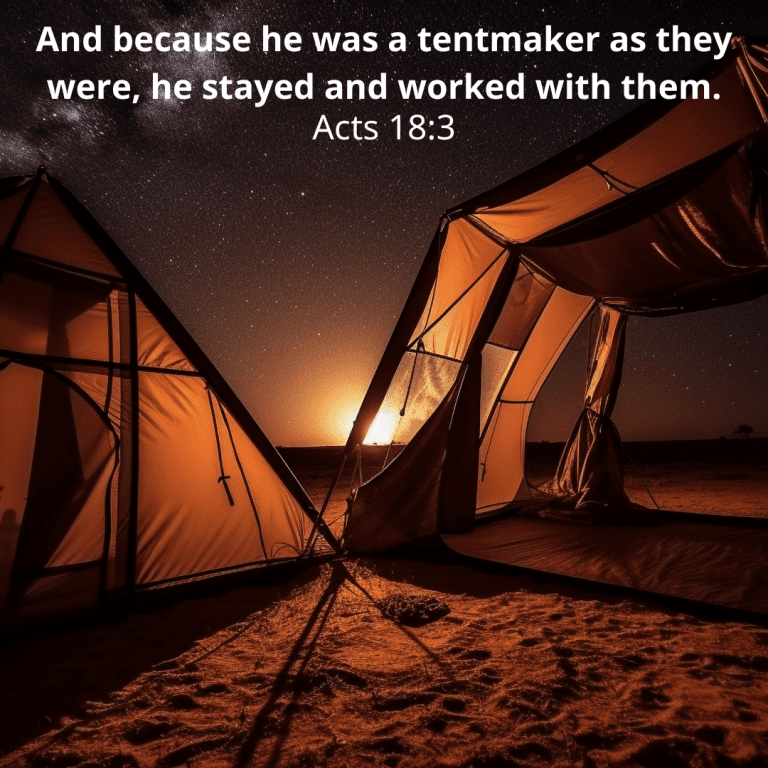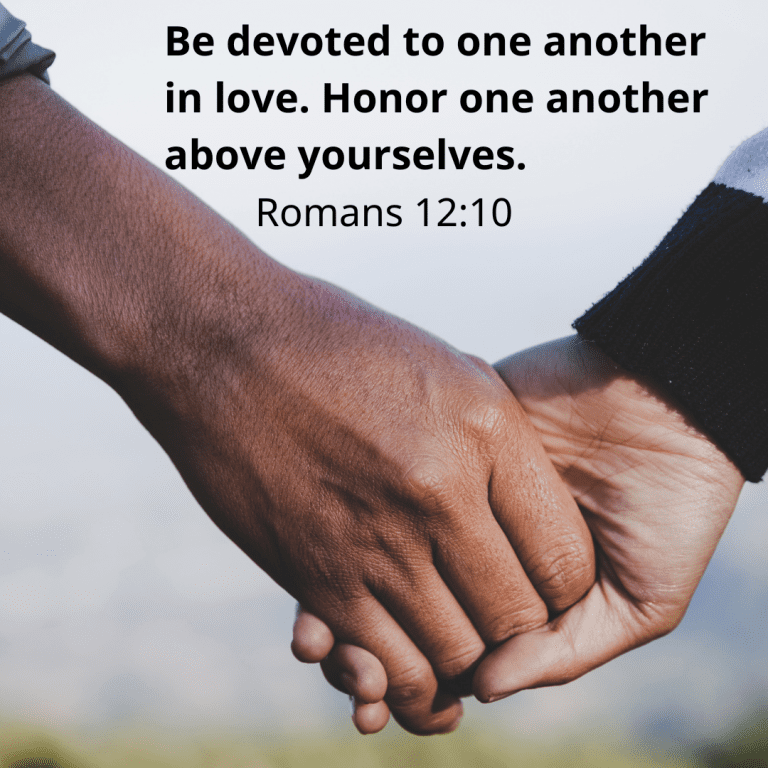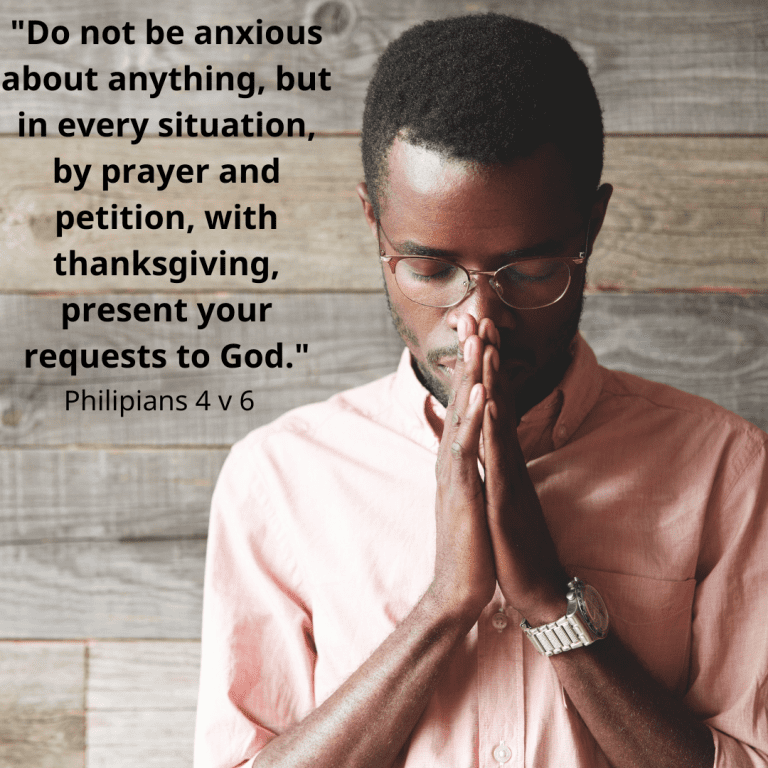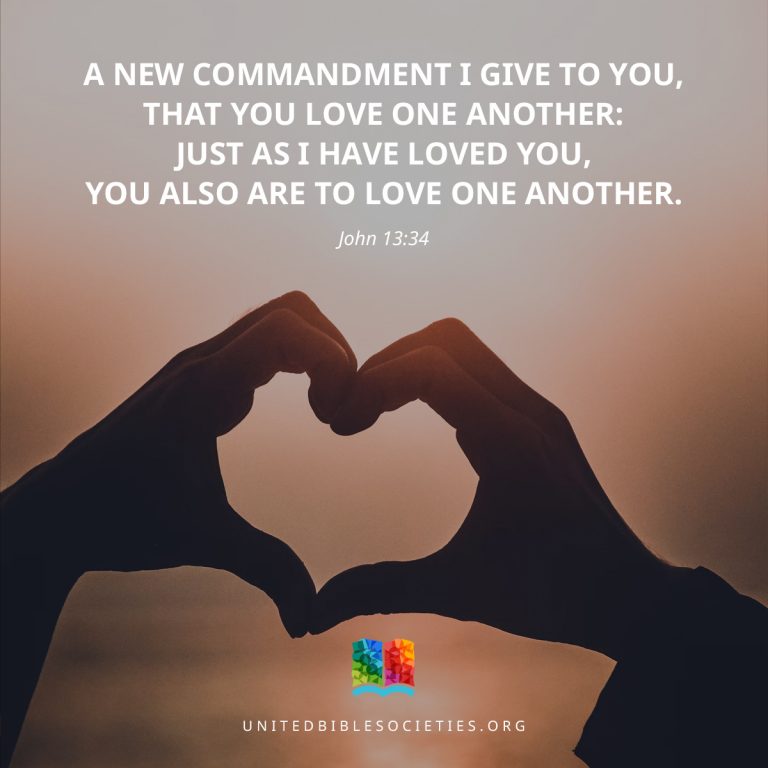Taka'da Taoma Abarayama ro ro
1 Ka'do inye, màtana 'bo gwo màkye e'di ta Abarayama täpi tu'de amaro ro rota ya? Tavousu ndaro e'diya? 2 Aba ondro a'ba Abarayama gwo ŋgye Lu be losi se nda koyebe si, nda a'dona ndi ŋga aza be driuŋgyine tana ro oko ko Lu mile, 3 taegyi ka ata ekye: “Abarayama matate Lu ya, ago ta taoma ndaro rota Lu ti nda te taŋgye'ba ro.”
4 'Dise kabe losi oye ozo päläti ndaro te, oko andre ànya kote oso ŋgapäṛi ronye, ànya orivoya oso ŋgase nda usube ni ronye. 5 Oko 'dise kabe ruäti taoma ndaro dri, ko taoye ndaro dri, ago se kabe taoma Lu se kabe taenji'ba o'ba taŋgye'ba ro dri, taoma ndaro Lu ka otina ayani nda o'baza taŋgye'ba ro andivo ndaro be. 6 Ono ni tase Dawidi kusube se nda atate ta riyä mano aza se Lu tite taŋgye'ba ro rota, to ni ŋgase mano ana kabe oyena risi ekye:
7 “Ànya se e'be ànya te ta takozi ànya ro rota ni kado,
se e'bete ta takozi rota kwoi!
8 'Dise Opi go ru ta takozi naro kote 'duro ni kado.”
9 Inye'do riyä se Dawidi ata tana be ono toto ta ànya se alote ŋbiṛiro rota ayani ya? Ko inye! Kpa ta ànya se oloako ŋbiṛiro kai rota. Tana mäzite ni taegyi yasi ekye: “Abarayama matate Lu ya, ago ta taoma ndaro ro ta, Lu ti nda te taŋgye'ba ro.” 10 Ta ono a'dote itube ya? A'dote ṛo käti kode a'dote Abarayama oloŋbiṛiro vosi ya? A'dote käti, ko kovolesi. 11 Alo nda te kovolesi, ago oloŋbiṛiro ndaro taka'daro yi taka'daza anjioko ta taoma ndaro rota Lu ti nda te taŋgye'ba ro ṛo teinye nda oloako ŋbiṛiro. Ago ta'doro Abarayama orivoya täpi a'do tori voro ro ànya se cini kabe taoma Lu ya ri ago ànya se atite taŋgye'ba ro ana ri, alo ànya ca ko ŋbiṛiro owo. 12 Nda kpa orivoya täpi ànya se alote ŋbiṛiro ro, se ko toto olooloro ŋbiṛiro oko se kayi kpa ori taoma ro ori oso täpi amaro Abarayama koribe käti nda oloako ŋbiṛiro ronye.
Tao'ba Lu ro Ärute Taoma si
13 Ondro Lu ko'ba tao'ba te Abarayama ndi zelevoi ndaro be ri ekye 'bädri ri a'done ndäri oko, nda yete inye, ko tana Abarayama ro Ota ndaro te, oko tana nda matate ago Lu ti nda te taŋgye'ba ro. 14 Ondro ka'do tase Lu ko'ba tao'ba be tana ro ozote ànya se kabe Ota oro ri, 'dooko taoma lidri rote takaciako ago tao'ba Lu rote takadoako. 15 Ota ka kyila Lu ro ezi, oko vose ota ako, ta ota oroako ro ṛo i'do kigye.
16 Ago änju tao'ba te taoma dri, tana 'dooko tao'ba ka'do robe ŋgapäṛi dritairo Lu ro ro zelevoi cini Abarayama ro ri, ko toto ànya se kayibe Ota oro ri, oko kpa ànya se kayibe taoma oso Abarayama koyebe ronye ri. Tana Abarayama a'do tori ro voro orivoya ni täpi ama cini ro; 17 oso taegyi kabe ata ronye ekye: “Ma'ba mi te täpi ro tu'dei amba ri.” Ago tao'ba orivoya kado mile Lu roya, se Abarayama komatabe kigye, ni Lu se kabe avo adri ago 'ba ŋgase ni ko a'done te a'done. 18 Abarayama matate ago 'bamite, ondro ŋgase abe ugu mio'ba tana ro ka'do ca i'do owo, ago ta ono ro nda a'dote täpi tu'dei amba ro. Kpa oso taegyi kabe ata ronye ekye: “Zelevoi miro a'dona 'da amba oso 'bi'bii ronye.” 19 Ndroa ndaro sa gica le oso kama alo (100) ronye oko, taoma ndaro a'do kote mbaraako nda kusu ta lomvo ndaro ro gica, se a'dote nja avo ro, ago Sara ni kote a'done ŋgwai be. 20 Nda e'be taoma ndaro kote, ago nda a'do kote wiriwiri ro tao'ba Lu ro tana ro, taoma ndaro 'ba nda te twi mbara be, ago nda ozo räṛu te Lu ri. 21 Nda mate endaro anjioko Lu orivoya mbara be ŋgase nda ko'ba tana be ono oyene. 22 Ono ni tase Abarayama, taoma si, “a'degwo nda otine taŋgye'ba ro Lu si owo.” 23 Ata gi, “ati nda be sina taŋgye'ba ro” ono egyi kote ndäri iṛe ayani. 24 Egyi ànya kpate ta amaro ta se alebe kpa otine taŋgye'ba ro, se kabe taoma nda se keŋga Yesu Opi amaro be ni avo yasi ana ya ri. 25 Tana ta takozi amaro rota ozo nda te odrane, ago eŋgate adri ya tana ama o'baza ŋgye Lu be.
The Example of Abraham
1 What shall we say, then, of Abraham, the father of our race? What was his experience? 2 If he was put right with God by the things he did, he would have something to boast about—but not in God's sight. 3 The scripture says, “Abraham believed God, and because of his faith God accepted him as righteous.” 4 A person who works is paid wages, but they are not regarded as a gift; they are something that has been earned. 5 But those who depend on faith, not on deeds, and who believe in the God who declares the guilty to be innocent, it is this faith that God takes into account in order to put them right with himself. 6 This is what David meant when he spoke of the happiness of the person whom God accepts as righteous, apart from anything that person does:
7 “Happy are those whose wrongs are forgiven,
whose sins are pardoned!
8 Happy is the person whose sins the Lord will not keep account of!”
9 Does this happiness that David spoke of belong only to those who are circumcised? No indeed! It belongs also to those who are not circumcised. For we have quoted the scripture, “Abraham believed God, and because of his faith God accepted him as righteous.” 10 When did this take place? Was it before or after Abraham was circumcised? It was before, not after. 11 He was circumcised later, and his circumcision was a sign to show that because of his faith God had accepted him as righteous before he had been circumcised. And so Abraham is the spiritual father of all who believe in God and are accepted as righteous by him, even though they are not circumcised. 12 He is also the father of those who are circumcised, that is, of those who, in addition to being circumcised, also live the same life of faith that our father Abraham lived before he was circumcised.
God's Promise Is Received through Faith
13 When God promised Abraham and his descendants that the world would belong to him, he did so, not because Abraham obeyed the Law, but because he believed and was accepted as righteous by God. 14 For if what God promises is to be given to those who obey the Law, then faith means nothing and God's promise is worthless. 15 The Law brings down God's anger; but where there is no law, there is no disobeying of the law.
16 And so the promise was based on faith, in order that the promise should be guaranteed as God's free gift to all of Abraham's descendants—not just to those who obey the Law, but also to those who believe as Abraham did. For Abraham is the spiritual father of us all; 17 as the scripture says, “I have made you father of many nations.” So the promise is good in the sight of God, in whom Abraham believed—the God who brings the dead to life and whose command brings into being what did not exist. 18 Abraham believed and hoped, even when there was no reason for hoping, and so became “the father of many nations.” Just as the scripture says, “Your descendants will be as many as the stars.” 19 He was then almost one hundred years old; but his faith did not weaken when he thought of his body, which was already practically dead, or of the fact that Sarah could not have children. 20 His faith did not leave him, and he did not doubt God's promise; his faith filled him with power, and he gave praise to God. 21 He was absolutely sure that God would be able to do what he had promised. 22 That is why Abraham, through faith, “was accepted as righteous by God.” 23 The words “he was accepted as righteous” were not written for him alone. 24 They were written also for us who are to be accepted as righteous, who believe in him who raised Jesus our Lord from death. 25 Because of our sins he was given over to die, and he was raised to life in order to put us right with God.








